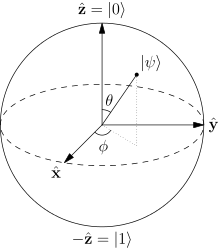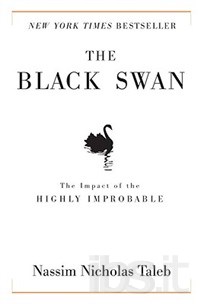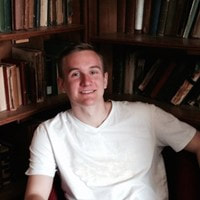General project:
Uncertainty/Probability (as the core issue of decision making)
As an overarching goal I have set myself the inquiry into what exactly uncertainty is. There is plenty, and by that I mean tons, of ways to go into this inquiry, namely the goals see below.
Main project of the year:
Quantum computing (including complexity and more)
Last year, I set myself the goal of trying to understand the fuzz about artificial intelligence and the actual “technology” (really: the math) behind it. I am perfectly on track for understanding AI (it is really just machine learning, at least from the technical perspective).
Recently, I have been reading into the issues of quantum computing, mainly inspired by https://www.edge.org/memberbio/seth_lloyd. He mentions also machine learning as potential application of quantum computing and I took him by heart i.e. I want to understand what he exactly means by that and for that I am reading into the background and the basics of quantum computing.
Smaller projects:
Bachelor's thesis: the role of probability in or in ethics
Rowing
Web crawlers and text analysis (this has been already been working well over the last year)
China: study the language (via courses), culture, politics and economics/business (via books and conversations with nationals)
additional modules: History of Mathematics, Computability and Complexity (both via courses at the University)
Coming up:
These are things that are on my bucket list, but that have not made it onto my daily schedule due to being not important enough as the others. They include (without any order):
- Learning the French language and African history (which is highly influenced by the French)
- Learning the Russian language and study the history of the Soviet Union and its global political role in the 20th century (which is incredibly important for today’s international relations).
- Learning the Arabic language and the history of the Middle East
Finally, the general theme for all these goals is to UNDERSTAND them and not just RUSHING through them. There is no use in rushing through something, almost always. So, I will take my time and the time which is necessary.



 RSS Feed
RSS Feed
